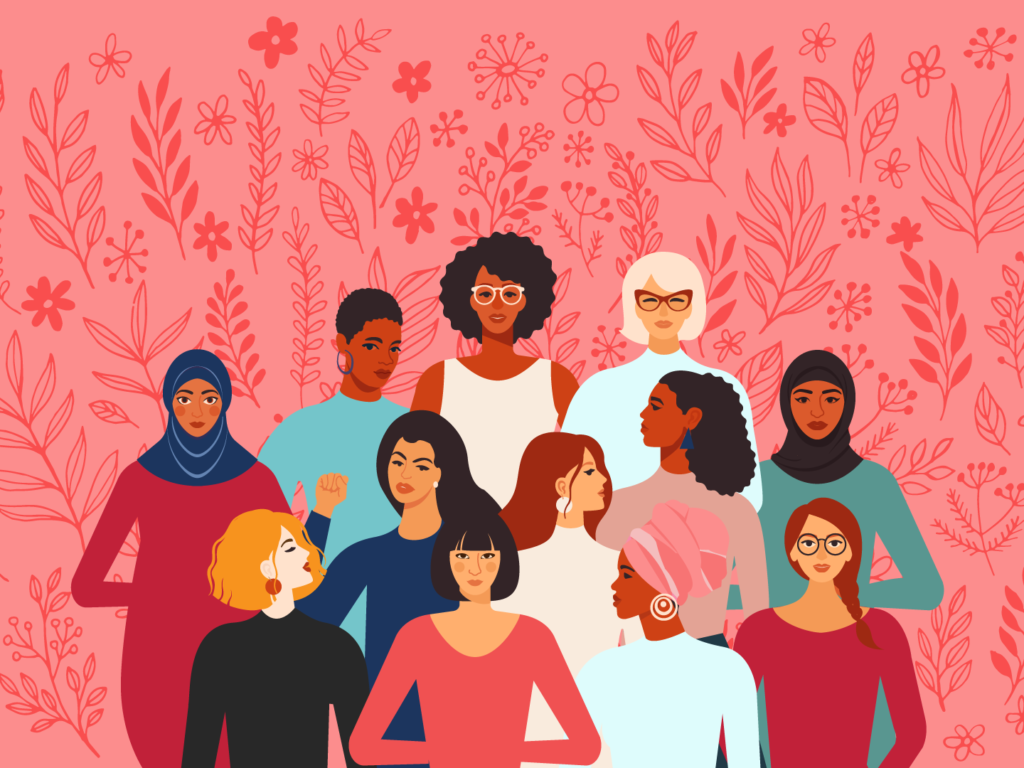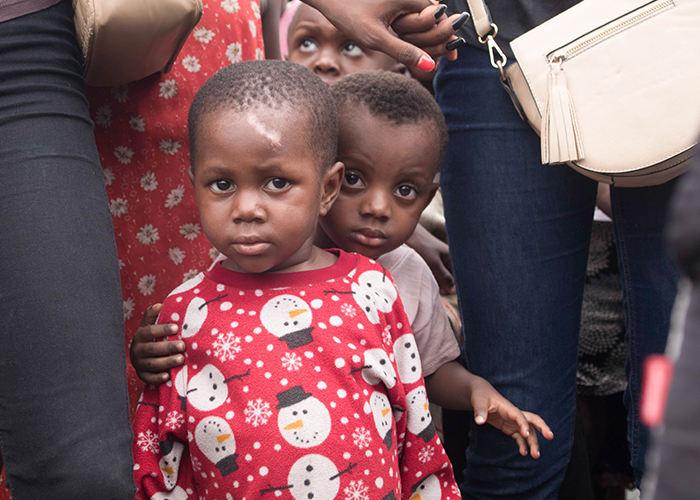Losing a spouse is one of life’s most challenging experiences, and navigating the journey of widowhood can be overwhelming. The emotional, financial, and practical adjustments that come with such a loss can feel daunting. However, there are numerous resources and support systems available to help newly widowed individuals cope with their grief, manage their affairs, and rebuild their lives. In this article, we will explore some of the essential resources for the newly widowed. Grief Support Groups: One of the first steps for the newly widowed is finding a supportive community where they can share their feelings, receive empathy, and gain coping strategies. Grief support groups, whether in-person or online, offer a safe space for individuals to connect with others who are also experiencing loss. These groups provide emotional support, validation of feelings, and guidance on navigating the grieving process. Counseling and Therapy: Professional counseling or therapy can be immensely beneficial for those coping with grief and loss. Therapists trained in grief counseling can help individuals process their emotions, develop healthy coping mechanisms, and work through unresolved issues related to their loss. Individual or group therapy sessions can provide valuable support and guidance during this challenging time. Financial and Legal Assistance: Losing a spouse often brings significant financial and legal challenges. Newly widowed individuals may need assistance with estate planning, probate matters, insurance claims, and managing their finances. Seeking guidance from financial advisors, estate planners, and attorneys specializing in probate and estate law can help ensure that financial matters are handled effectively and efficiently. Social Services and Benefits: Many government and non-profit organizations offer social services and benefits specifically for widows and widowers. These services may include financial assistance, housing support, healthcare benefits, and counseling services. Newly widowed individuals should explore available resources in their local community or online to access the support they need. Practical Support: Managing daily tasks and responsibilities can be challenging for the newly widowed. Family, friends, and community organizations can provide practical support, such as meal delivery, household chores assistance, childcare, and transportation services. Accepting help from others can ease the burden and allow individuals to focus on their emotional healing. Educational and Workforce Programs: For those who need to re-enter the workforce or pursue educational opportunities after their loss, there are programs and resources available to support career development, job training, and educational funding. Vocational rehabilitation services, career counseling, and scholarship programs can help individuals rebuild their professional lives and achieve their goals. Spiritual and Religious Support: For those who find solace in their faith or spirituality, seeking support from religious leaders, spiritual advisors, or participating in religious community activities can provide comfort and guidance during the grieving process. Many religious organizations offer bereavement support programs and counseling services tailored to the needs of the newly widowed. In conclusion, the journey of widowhood is unique for each individual, and finding the right resources and support systems can make a significant difference in navigating this challenging time. By reaching out for help, connecting with supportive communities, and accessing available resources, the newly widowed can find comfort, healing, and hope as they move forward in their lives.
Millions Of Child Widows: Forgotten, Invisible, And Vulnerable
Child widowhood is a deeply troubling and often overlooked issue that affects millions of young girls around the world. These vulnerable individuals face a unique set of challenges stemming from the loss of their spouses at a tender age. In this article, we delve into the complex realities of child widows, shedding light on their experiences, vulnerabilities, and the urgent need for support and advocacy. The Plight of Child Widows Child widowhood refers to the situation where girls, typically under the age of 18, lose their husbands due to various reasons such as early marriage, conflict, or disease. This loss plunges them into a world of hardship, stigma, and marginalization. Many child widows are left without adequate support systems, education, or economic opportunities, making them extremely vulnerable to exploitation, abuse, and poverty. Forgotten and Invisible One of the most distressing aspects of child widowhood is the invisibility of these young girls within society. They often suffer in silence, hidden from public view and denied basic rights and protections. Cultural norms, discriminatory practices, and lack of awareness further compound their marginalization, leaving them isolated and voiceless. Vulnerabilities and Risks Child widows face a myriad of risks and vulnerabilities that jeopardize their well-being and future prospects. These include: Health Risks: Child widows may lack access to essential healthcare services, increasing their vulnerability to physical and mental health issues. Educational Barriers: The loss of a spouse at a young age often disrupts their education, limiting their opportunities for personal development and empowerment. Poverty and Exploitation: Many child widows live in impoverished conditions, making them susceptible to exploitation, child labor, and early marriage. Social Stigma: Widowed girls may face stigma, ostracism, and discrimination within their communities, leading to further isolation and psychological distress. Advocating for Change Addressing the plight of child widows requires concerted efforts at the local, national, and global levels. Advocacy initiatives, policy reforms, and community-based interventions can make a significant difference in improving the lives of these vulnerable girls. Key areas of focus include: Legal Protections: Enacting and enforcing laws that protect the rights of child widows, including provisions for education, healthcare, and social support. Education and Empowerment: Promoting access to quality education, vocational training, and life skills programs to empower child widows and enhance their prospects for a brighter future. Healthcare Services: Ensuring that child widows have access to essential healthcare services, including reproductive health care, mental health support, and nutrition programs. Social Support Networks: Establishing community-based support networks, shelters, and counseling services to provide emotional, social, and economic support to child widows and their families. The Role of Entrepreneurship and Innovation Entrepreneurship and innovation can also play a vital role in addressing the challenges faced by child widows. Initiatives that promote economic empowerment, entrepreneurship training, and microfinance opportunities can enable widowed girls to become self-reliant, build resilience, and break the cycle of poverty and marginalization. Conclusion: A Call to Action The plight of millions of child widows worldwide demands urgent attention, compassion, and action. As a global community, we must raise awareness, advocate for their rights, and provide comprehensive support to ensure that these young girls are not forgotten, invisible, or left behind. By investing in their education, health, and empowerment, we can create a more inclusive and equitable world where every child, regardless of their marital status, has the opportunity to thrive and fulfill their potential.


